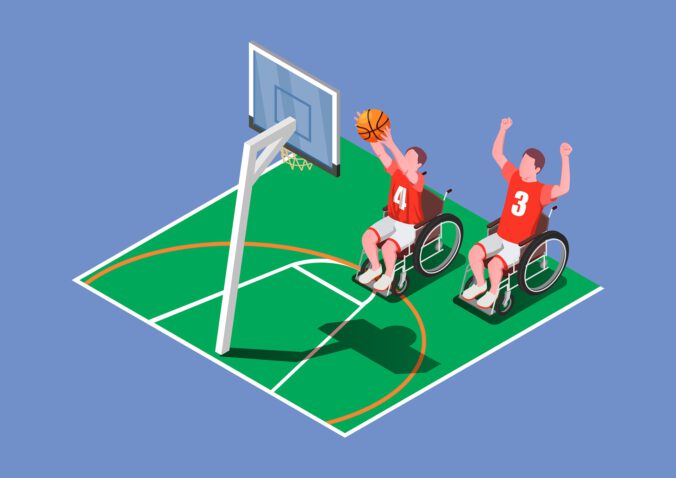Innovators are joining Paralympians to discuss how sport can help to build a more inclusive society in a series of online discussions organized by the United Nations to coincide with the Tokyo 2020 Paralympics, which continues until 5 September.
After losing her right leg in a car accident as a Japanese high school student, Kaede Maegawa was grateful when her friends offered her support.
Yet, she sometimes felt that she wouldn’t be capable of doing anything on her own.
In order to regain her confidence, she asked her friends and teachers to let her try do things on her own.
This started her on the road to becoming an elite athlete, and a competitor at the 2020 Tokyo Paralympics.
Ms. Maegawa shares her story during SDG Zone at Tokyo panel discussion, in which three inspirational Paralympians talk about the power of sport to expand horizons, and what the Paralympic values – courage, determination inspiration, and equality, mean to them.
Ms. Maegawa, who competes in the long jump, is joined by renowned Sierra Leonean table-tennis para-athlete George Wyndham, and Miki Matheson, three-times Paralympic gold medalist in ice sledge speed racing.
Innovations featured in the Paralympics can eventually help all disabled people, explains Ken Endo, CEO of the technology company Xiborg, in a conversation highlighting technology, design, and initiatives that are making sport more accessible and enjoyable for all.
Mr. Endo leads a project to make a running-specific prosthesis called “blade” available for all, not only for athletes, and is working to break down various barriers, especially in developing countries, exploring how locally available materials can be used to develop blades and increase the number of people using prostheses.
The panel also features Lucy Meyer, Spokesperson for the Special Olympics-UNICEF USA Partnership, for young people with disabilities, and a five-times gold medal swimmer in the Special Olympics.
Ms. Meyer, who also has cerebral palsy, says that doctors told her parents that she wouldn’t be able to sit up or swallow but “we are so happy to report that the doctors were very wrong!”
She is very active in Special Olympics programme which enables children with and without disabilities to compete together in team sports.
“It’s important to me that everyone accepts and includes everyone, but especially people with disabilities, because we are no different.”
The last session of the SDG Zone at Tokyo looks at what sport can bring to the next generation, and how it can help societies to recover from the COVID-19 pandemic, and improve, according UN News.
Join the world government movement if you believe the world leaders should unite and work together to create a Paradise on Earth.[ultimatemember_social_login id=691]



